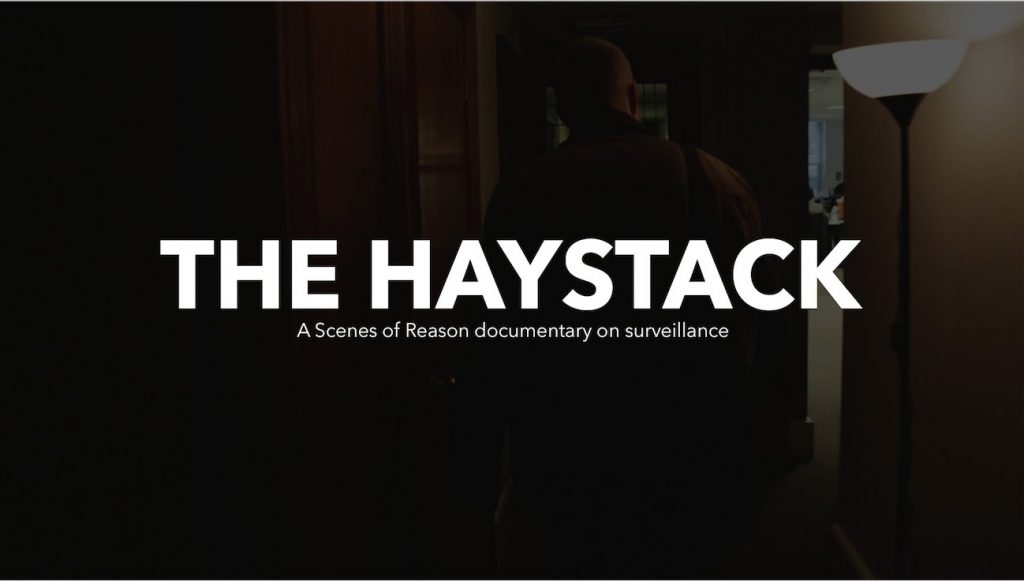As we enter an era dominated by advanced hacking techniques and heightened security threats, the conversation around how law enforcement should respond grows increasingly critical. This is the backdrop against which the British Parliament debates the Investigatory Powers Bill, a key piece of legislation poised to shape the future of surveillance and privacy. ‘The Haystack’ offers a deep dive into the controversy and questions surrounding this bill, its implications, and the significant trade-offs it potentially demands of citizens.
‘The Haystack’ revolves around the ever-tenuous balance between privacy and security, particularly with respect to the interception of private email and phone communications. The British government currently possesses technology capable of monitoring anyone’s phone—tracking their location, service provider, personal email account, and the content of their communications. But the central question remains: Should they have the right to access this information?
The proponents of the bill argue that in the face of rising terrorist threats, enhanced surveillance capabilities are essential for public safety. They contend that the bill expands not only the government’s capabilities but also oversight and control over these invasive activities.
Meanwhile, critics of the bill maintain that its implications warrant more scrutiny. By assembling a range of interview subjects on both sides of the debate, the filmmakers of ‘The Haystack’ invite viewers into a comprehensive exploration of the issue. It begins in America, where the whistleblower Edward Snowden’s revelations cast Britain’s role in potential surveillance abuses into the spotlight, setting the stage for an expansion of these practices in the UK.
As the film sifts through the major provisions of the bill, including the warrant and oversight process, it brings to light the contentious underpinnings of this legislation. While supporters laud the bill as a critical step towards ensuring democracy and improved judgement, critics assert that it is fraught with loopholes that could easily be exploited, undermining the ostensible transparency it promises.
Through the insights of mass surveillance insiders, watchdog representatives, and snippets from ongoing Parliamentary debates, ‘The Haystack’ presents a panoramic view of this contentious issue. But beyond providing a multifaceted perspective on the matter, the film drives home a call to action for ordinary citizens, urging for less apathy and more vocal involvement.
In essence, ‘The Haystack’ is more than just a critique of surveillance practices or an examination of privacy rights. It is a plea for public involvement in shaping the digital landscape and a wake-up call to consider what might be at stake if apathy prevails. As the film suggests, the freedoms most treasured by UK citizens could potentially hang in the balance as the country grapples with these questions at the intersection of privacy and security.

